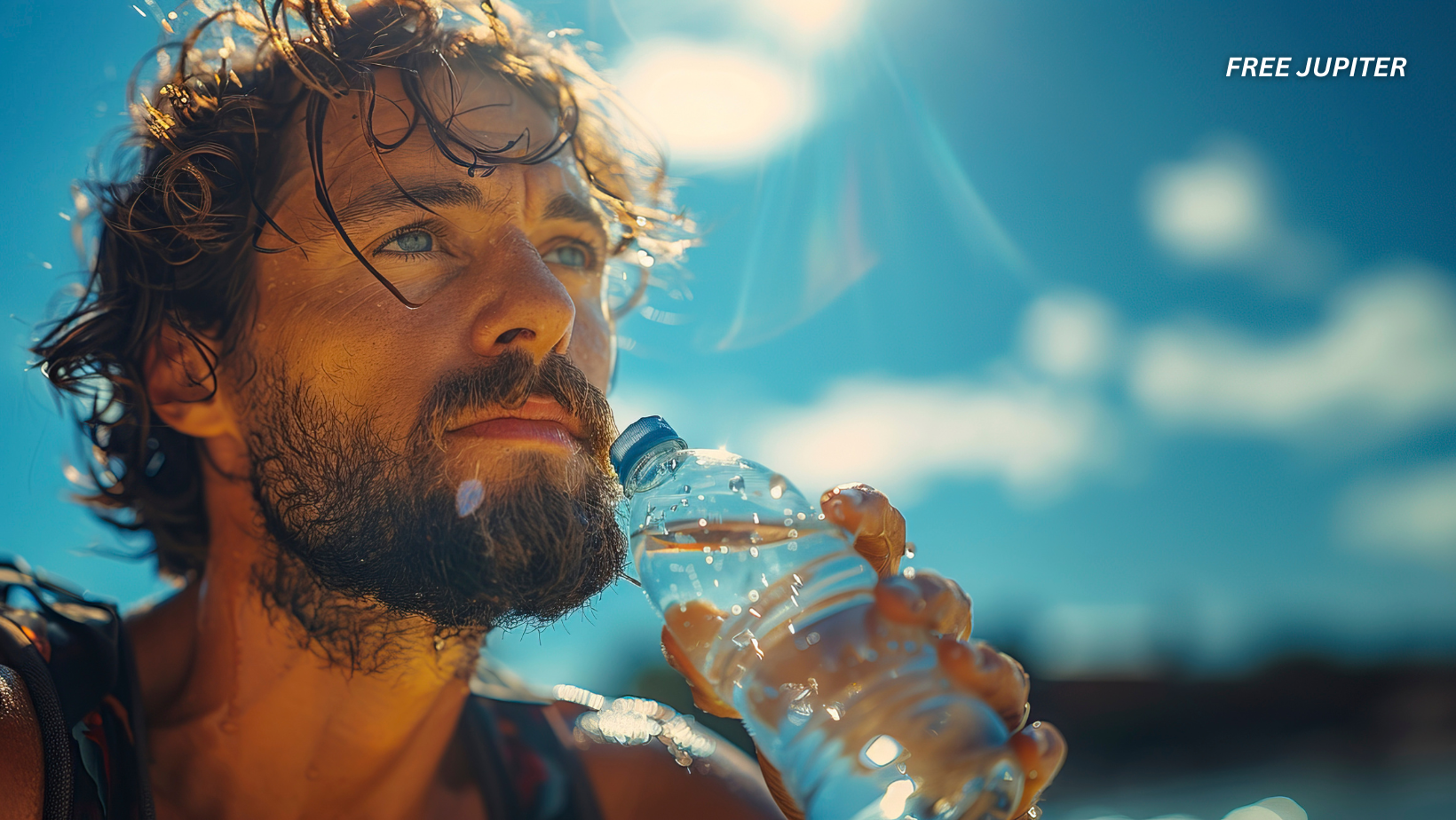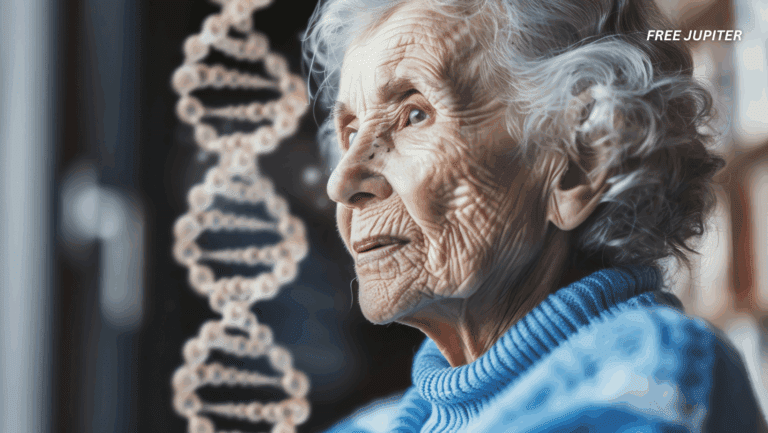Water is one of the simplest yet most overlooked essentials for good health. Despite how easy it is to grab a glass, many people fall short of the amount their bodies need every day. Studies have shown that nearly half of adults — and even more children — are regularly under-hydrated. For some, the problem comes down to limited access, but for most, it’s simply busy schedules, overlooked habits, or a lack of awareness.
The tricky part is that dehydration doesn’t always announce itself with flashing warning signs. Instead, it often shows up in small, subtle ways — a little fatigue here, a headache there, or even unusual food cravings. When ignored, these signals can build up and affect both physical and mental health.
Here are 12 research-backed ways to tell when someone isn’t drinking enough water — some obvious, some surprising, but all worth noticing.
1. Persistent Cravings for Salty Foods
The body is smart. When it isn’t getting enough of the fluids that carry essential minerals like sodium and electrolytes, it often tries to make up for the loss in other ways. One common result is an increased craving for salty foods.
Research has shown that cravings differ from hunger — they’re less about energy needs and more about the body nudging you toward balance. If someone is constantly reaching for chips, pretzels, or other salty snacks, it might not just be about taste. Their body could be quietly asking for better hydration.
Read more: 8 Daily Behaviors That Quietly Reduce Intelligence, According To Neuroscientists
2. Noticeable Dark Circles Under the Eyes
Dark circles are often blamed on late nights, genetics, or allergies — and those factors do play a role. But hydration levels can also make a big difference. Without enough fluids, the skin loses some of its brightness and elasticity, causing the under-eye area to look shadowed or dull.
Even people who sleep well, eat healthily, and manage stress may notice stubborn dark circles if they aren’t drinking enough water. In that way, dehydration can be an underrated cosmetic culprit.
3. Headaches That Keep Returning
Many people brush off headaches as stress-related or blame them on long hours at work. While that’s often true, a surprising number of headaches are tied to dehydration. Without enough water, the body struggles to regulate blood flow and maintain balance, which can trigger pain.
Research even shows that those who drink more water tend to experience fewer migraines, shorter durations of pain, and reduced intensity overall. In other words, a simple glass of water could sometimes do as much good as painkillers.
4. Dry, Flaky, or Dull Skin
The skin is the body’s largest organ, and it depends heavily on hydration. Just as moisturizer works from the outside, water supports skin from the inside — helping with elasticity, smoothness, and cellular repair.
When hydration levels are low, the skin often becomes dry, flaky, or more prone to breakouts. Of course, diet, sun exposure, and other habits also play roles, but water provides the foundation. Skipping it is like trying to grow plants without enough rain.
5. Bad Breath That Doesn’t Go Away Easily
Morning breath is normal. But if bad breath lingers throughout the day, dehydration may be to blame. Saliva naturally helps wash away bacteria in the mouth, and without enough water, saliva production drops. This creates the perfect environment for odor-causing bacteria to thrive.
Dentists often point to hydration as one of the simplest and most overlooked remedies for fresh breath. So, if mints and brushing aren’t doing the trick, a glass of water might be the missing step.
6. Low Energy or Constant Fatigue
Tiredness can come from many sources: poor sleep, stress, or even a heavy lunch. But dehydration can drain energy surprisingly quickly. Even mild fluid loss — less than you might notice — has been shown to affect mood, energy levels, and overall performance.
In fact, some studies suggest that drinking more water can boost energy just as effectively as supplements or caffeine for certain people. Before reaching for another cup of coffee, hydration might be the more sustainable fix.
Read more: Your Body May Be In Better Shape Than You Think, According To Research
7. Difficulty Focusing or Staying Alert
It’s not just the body that suffers when water is in short supply — the brain does too. Research has found that attention span, reaction time, and problem-solving abilities all take a hit when hydration levels drop.
This can make everyday tasks like working, studying, or even making simple decisions harder than they need to be. People often chalk it up to stress or distraction, but sometimes it’s as basic as not having enough water in the system.
8. Chapped or Cracked Lips
Lips don’t have oil glands like the rest of the skin, so they rely even more on hydration. That’s why dry, peeling, or cracked lips are often among the earliest and most visible signs of dehydration.
External factors like wind, sun exposure, and cold weather can make the problem worse, but without enough internal hydration, lip balm alone won’t solve it. Keeping a water bottle handy can do far more for smooth lips than any cosmetic product.
9. Slow Recovery After Exercise
Workouts naturally cause fluid loss through sweat. When that fluid isn’t replaced, the body has a much harder time bouncing back. Dehydration affects everything from muscle flexibility to endurance, leaving people sore, stiff, and drained for longer than usual.
Even seasoned athletes struggle when hydration is ignored. That’s why sports scientists emphasize drinking both water and electrolyte-rich fluids before, during, and after physical activity. It’s not just about performance — it’s about recovery too.
10. Muscle Cramps or Spasms
Those sudden, painful cramps in the legs or back aren’t always due to overexertion. Dehydration makes muscles more prone to seizing up because electrolytes, especially sodium and potassium, play a key role in muscle function.
Without enough fluids, muscles contract more easily and with less control. That’s why sports drinks often combine water with electrolytes — together, they help prevent the all-too-familiar jolt of a charley horse.
11. Irritability or Mood Swings
Hydration influences more than just physical health. Studies have linked even mild dehydration to increased irritability, mood swings, and lower overall emotional well-being. Hormone balance, sleep quality, and stress levels all interact with water intake, making hydration an underappreciated part of mental health.
So, if someone seems unusually cranky or withdrawn, it might not always be stress at work or home. Sometimes, it’s as simple as needing to refill a glass.
12. Frequent Dizziness or Lightheadedness
One often-overlooked sign of dehydration is dizziness. When the body doesn’t have enough fluids, blood pressure can drop, reducing the flow of oxygen to the brain. This creates sensations of lightheadedness, unsteadiness, or even fainting spells in severe cases.
While occasional dizziness can stem from many causes, repeated episodes should raise the question of hydration. Drinking more water throughout the day often helps stabilize blood flow and reduces these unsettling feelings.
Read more: Research Reveals The Reason We Look Younger Than Our Grandparents Did at the Same Age
Looking Ahead
Dehydration doesn’t always show up as intense thirst. More often, it reveals itself in subtle ways — cravings, fatigue, irritability, or even the way someone’s skin and lips look. The good news is that the fix is simple and accessible: water.
Carrying a refillable bottle, setting reminders, or adding naturally flavored options like lemon slices can make it easier to stay consistent. For something so basic, hydration has an outsized effect on nearly every aspect of health — from physical stamina to emotional balance.
Paying attention to these 12 signs can help catch dehydration early, before it spirals into bigger problems. Sometimes, the body isn’t asking for coffee, snacks, or rest — it’s asking for water.
Featured image: Freepik.
Friendly Note: FreeJupiter.com shares general information for curious minds. Please fact-check all claims and double-check health info with a qualified professional. 🌱










